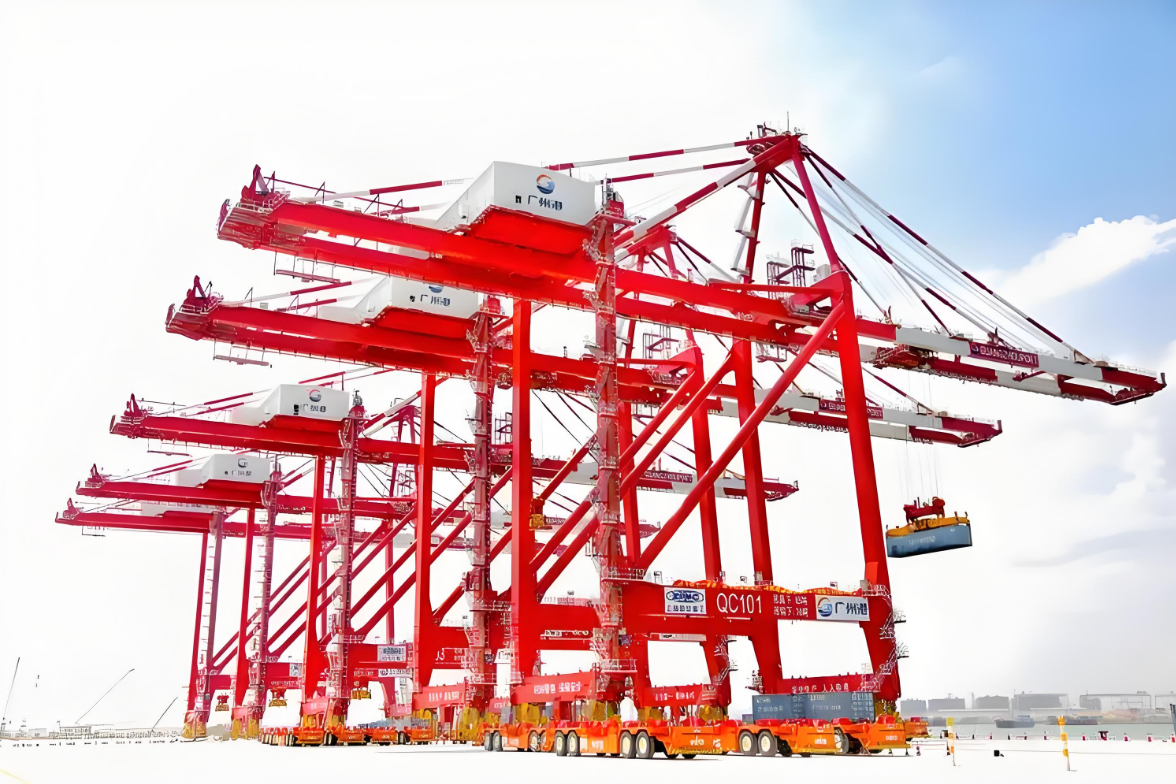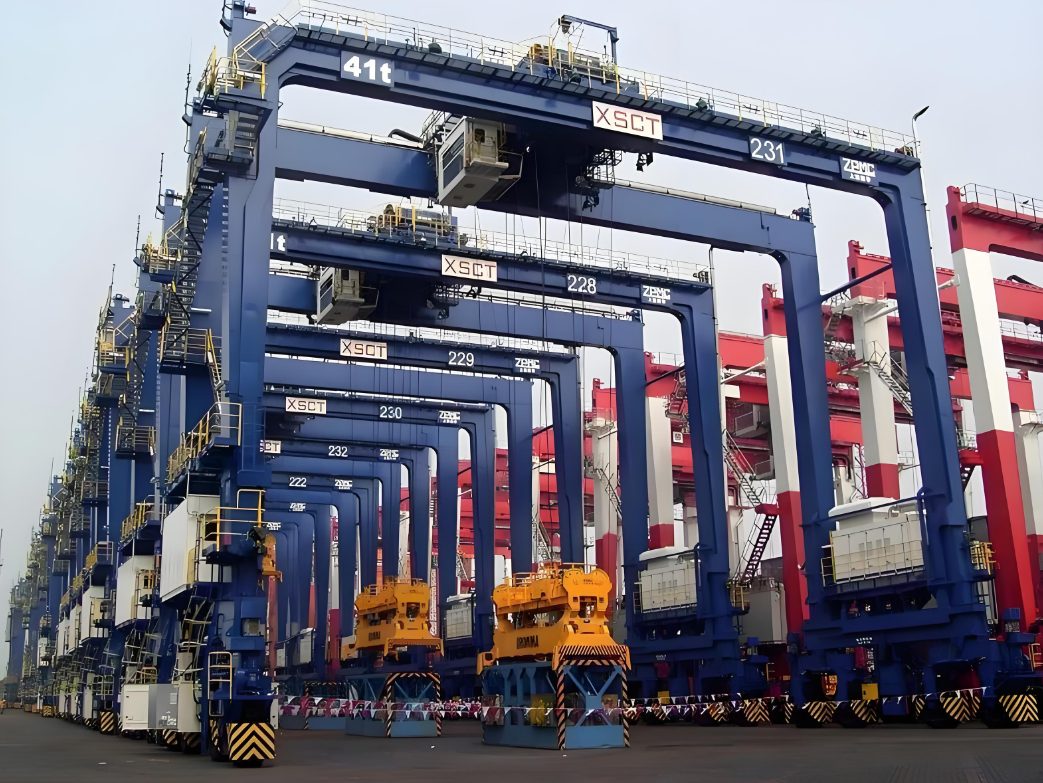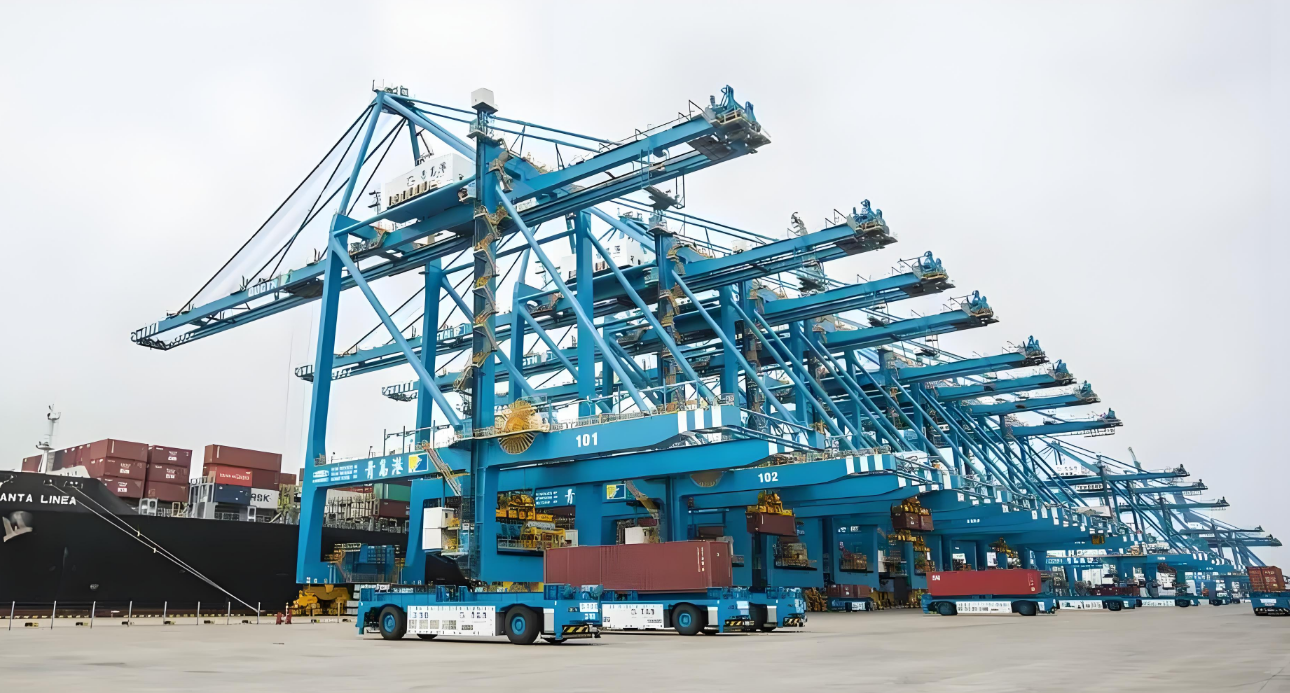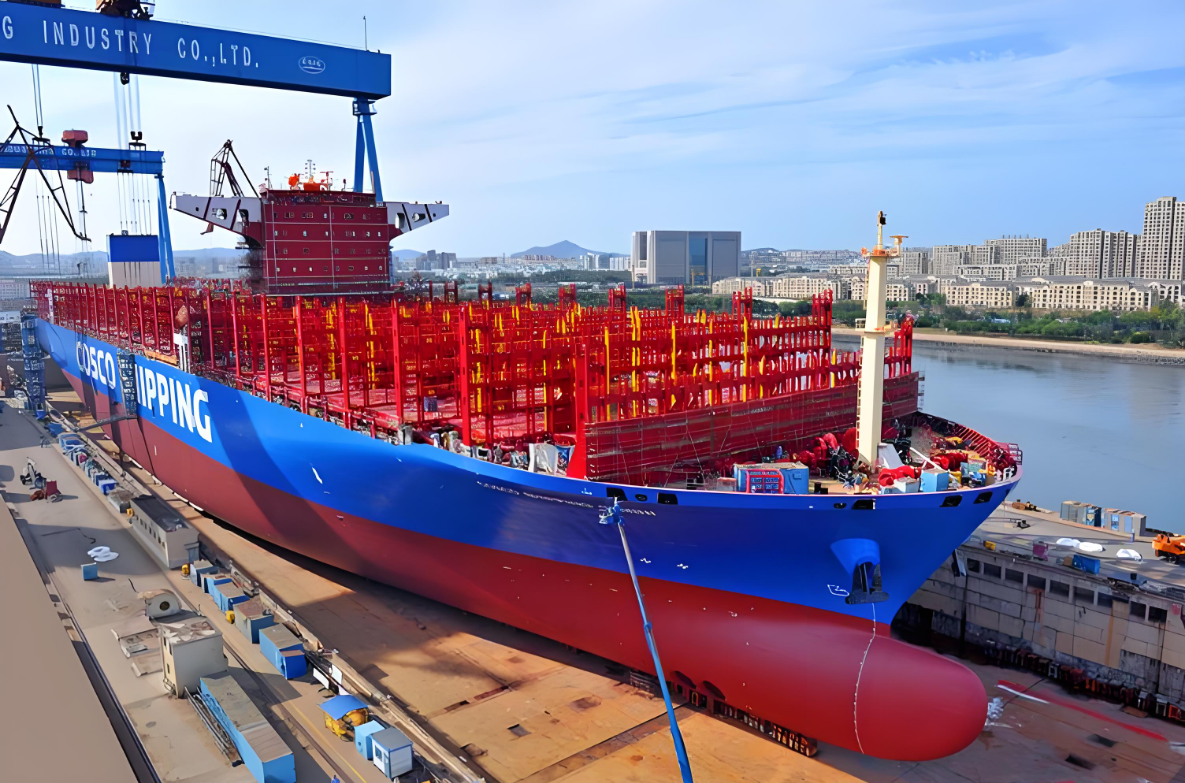Epoxy zinc-rich coatings have found widespread application in various industries, particularly where corrosion protection is paramount. These coatings offer a robust solution for safeguarding steel structures against the relentless attack of moisture, chemicals, and other corrosive elements.
In the marine industry, epoxy zinc-rich coatings are indispensable for protecting ship hulls, offshore platforms, and other marine structures. The high concentration of zinc particles in the coating acts as a sacrificial anode, sacrificing itself to protect the underlying steel from corrosion. This feature is crucial in the harsh, saltwater environment, where corrosion can rapidly deteriorate unprotected steel.
Moreover, epoxy zinc-rich coatings are also widely used in the infrastructure sector, particularly for bridges, pipelines, and storage tanks. These structures are often exposed to extreme weather conditions and corrosive substances, making corrosion prevention a top priority. The durable and long-lasting nature of epoxy zinc-rich coatings ensures that these vital assets remain structurally sound and functional for years to come.
In addition, the coatings' excellent adhesion properties ensure that they bond tightly to the steel surface, forming a seamless barrier against moisture and corrosive agents. This not only enhances the coating's corrosion resistance but also makes it resistant to mechanical damage, such as scratches and impacts.
Furthermore, epoxy zinc-rich coatings are known for their ease of application and fast curing times. This allows for quick turnaround times during construction and maintenance projects, minimizing downtime and maximizing productivity.
Lastly, the coatings' environmental friendliness is another significant advantage. Many modern epoxy zinc-rich coatings are designed to be low-VOC, reducing their impact on the environment and the health of workers during application.
In summary, epoxy zinc-rich coatings are a versatile and effective solution for protecting steel structures in a wide range of industries, from marine to infrastructure. Their superior corrosion resistance, durability, adhesion, and environmental friendliness make them an invaluable tool in the fight against corrosion.




